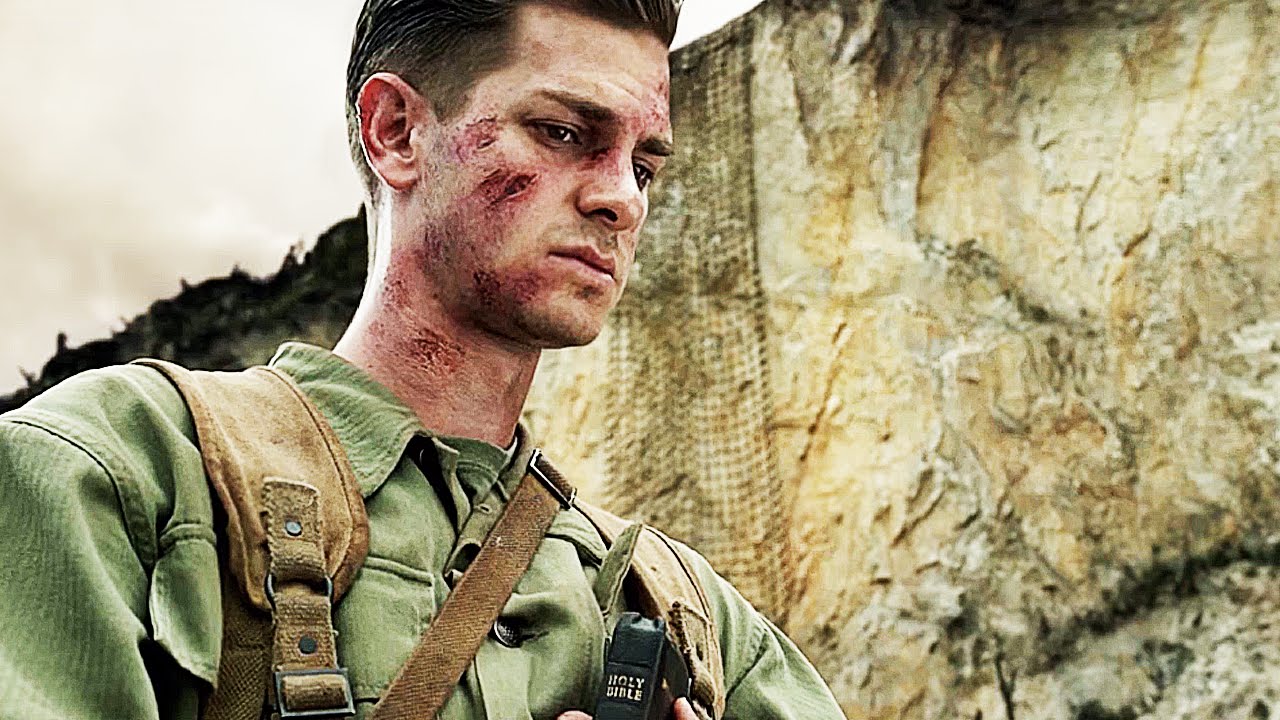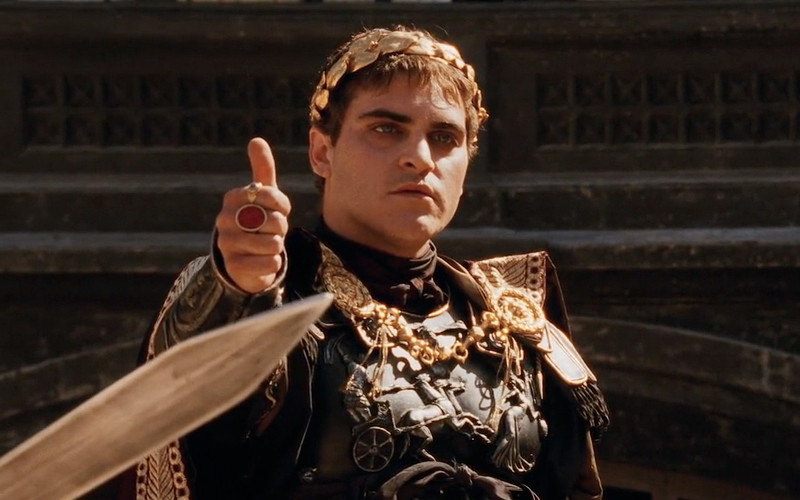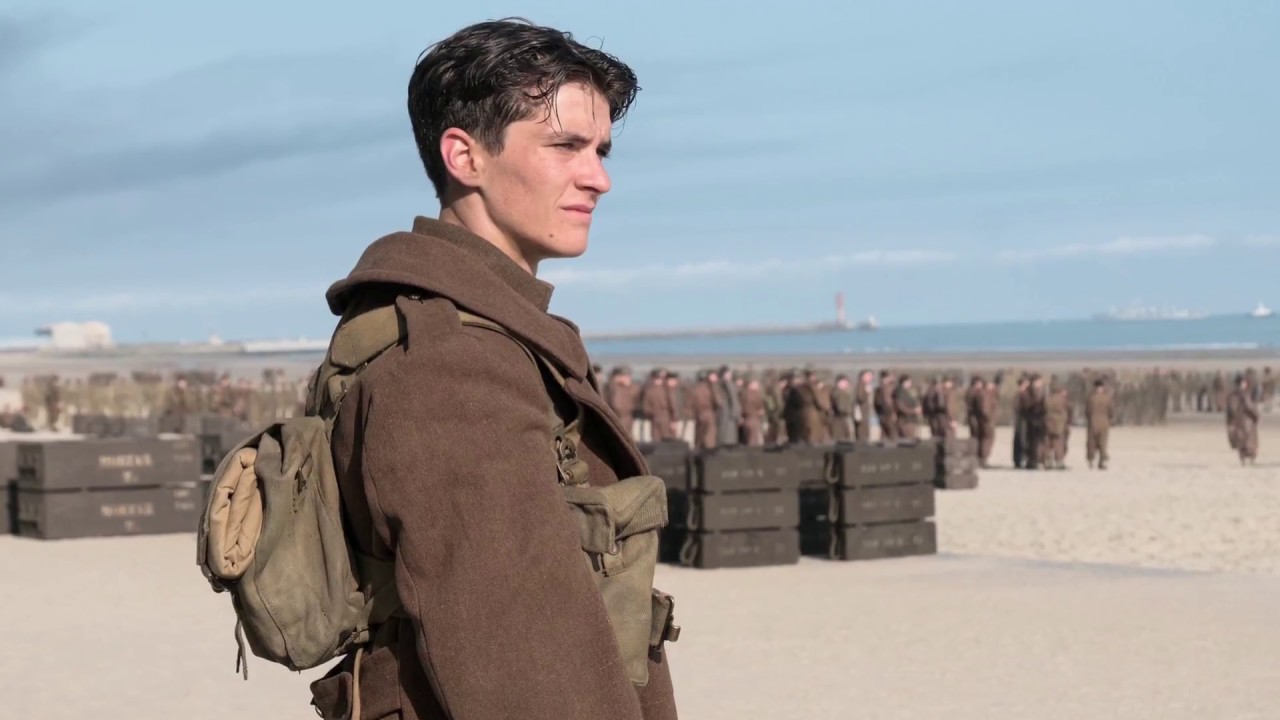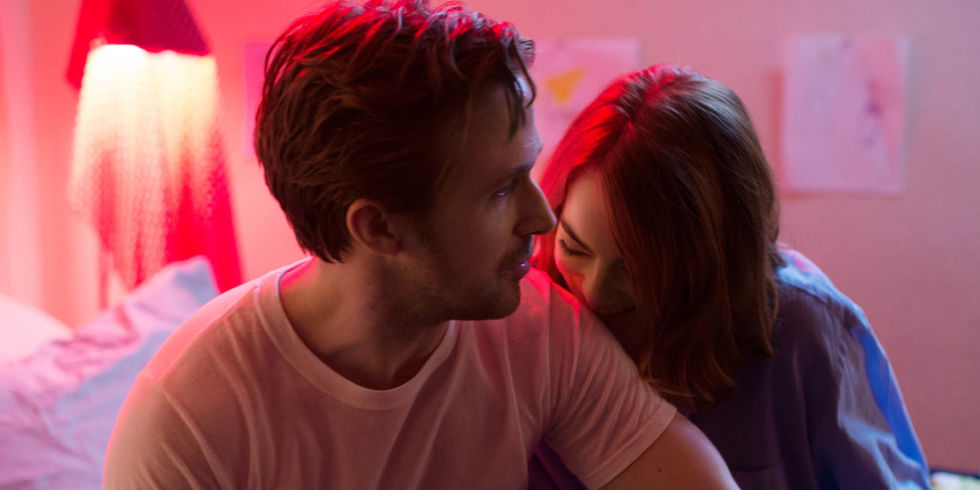6. Spotlight (#205)

A return to classic journalistic dramas from the 1970’s like All the President’s Men, Spotlight (2015) hits all the respective marks but overall feels a little undercooked, surprising given the shocking nature of the source material.
The film follows a group of Boston Globe journalists in 2001 who exposed the Roman Catholic church’s institutional protection of sexually abusive priests; a great ordeal for a city that was 50% Catholic at the time.
As one can imagine, it was a massive story when the church was finally held accountable for its actions, leading all the way to the Archbishop of Boston. It’s important at this point to make something clear: by calling Spotlight overrated is in no way meant to imply anything about the actual story, a deeply upsetting chapter of Boston history.
Rather, if taken purely on its cinematic quality, Tom McCarthy’s film is found very lacking. The characters are quite one-dimensional; a fantastic cast including Michael Keaton and Rachel McAdams can’t make their characters distinctive or notable.
Perhaps owing to the fact that much of the shocking details that they eventually uncover lie off-screen, in an alternative thriller film version of the story, what we are privy to here is the journalistic process of constant prodding and persisting until something vital comes up. Which is not to say that the film should have made a Hollywood-version of the story, but that not enough is given to the viewer to hold their attention much longer than the end credits.
For McCarthy, in his fifth feature, has yet to develop any semblance of a directorial style. While a technically proficient and well-conceived piece, the lack of something extra provided by his control is what makes Spotlight seem just a rehash of better journalistic films that preceded it. Ultimately too much time seems devoted to exposition reveals and voluminous dialogue at the expense of visual and emotional weight.
A virtuous and vital film only by its subject matter, the question could be raised that this story would have been more suited to the small screen; where the abuse victims could be heard more and the awful details could be explored and understood more. As a result, while Spotlight is important in raising awareness of the Catholic Church’s crimes, the simple presentation doesn’t emphasize its points enough.
7. Hacksaw Ridge (#173)

Mel Gibson’s 2nd appearance in this list, and perhaps for a more contentious piece. Hacksaw Ridge (2016) won acclaim as the controversial director’s return to Hollywood after a prolonged absence after his many character issues (see anti-Semitism, misogyny and homophobia) made him an unpopular figure.
The film is about Desmond Doss, an American Seventh-Day Adventist and pacifist who signed up to serve in WWII as a field medic but only if he were allowed to refrain from even carrying a weapon into battle.
The true story is indeed an incredible one, a portrait of a heroic and honorable man, but the film’s portrayal of him seems flawed. Like a deeper work would do, the audience is never asked to challenge or question Doss’ beliefs: while he’s no doubt in the right, and Gibson certainly thinks so, it’s merely presented as Fact and Truth.
It feels that Gibson is only content to bombard his audience with this moral absolute, from a position of righteous superiority. It’s through this directorial decision that the Hacksaw Ridge swerves from being a thought-provoking and powerful war story to a seemingly agenda-pushing epic. The result is that this is a very one-sided war film, something unusual lately; the opposing Japanese soldiers are rarely described or humanized.
For a film about a man who doesn’t agree in war or fighting, Hacksaw Ridge is incredibly violent, to be expected with Gibson at the helm. There is an overwhelming sense that he enjoys suffering too much (one only needs to remember his Passion of the Christ), and the film often feels like something akin to war porn.
The intense battle scenes features exploded carcasses, rats feasting on the remains of the dead, slow-motion images of erupting flames, a stunning illustration of War as Hell. It must be noted here that Gibson is a very skillful action director, a recurring feature of all his films, but even for him, Hacksaw Ridge feels too sadistic and gleeful in all the destruction.
Mirroring Doss’ test of his faith, Gibson makes sure to test his audience’s limits for watching violence. For a man who’s been openly anti-Semitic, homophobic, amongst many other things in the past, it just seems unwise and ultimately unfair that he was provided such a large platform to return to Hollywood’s inner ring, especially creating such a personal film.
8. Gladiator (#46)

Combining one of Hollywood’s great directors and perhaps the most famous actor of the time, Gladiator (2000) was always destined to be a success and win some acclaim, but it’s incredible just how successful it became.
Winner of Best Picture and Best Director for Russell Crowe and Ridley Scott, it’s by no means a bad film; it contains excellent action scenes and spirited performances. That it was hailed as an important film, an equal to Spartacus and Ben Hur is why it’s overrated. After escaping captivity and finding out that his wife and son have been murdered, Maximus finds his way to North Africa, where he is sold as a slave to Proximo.
When Commodus lifts the ban on gladiators in Rome so as to distract his people from their poverty, Maximus fights his way to the top, to avenge those he lost. Gladiator is definitely a Ridley Scott film but that holds problems as well as positives.
If one considers a large part of his filmography – Black Hawk Down, Kingdom of Heaven, Robin Hood – a common denominator is that they are all technically good, but just above average blockbuster epics, and Gladiator is no different. They’re also known for their gritty serious atmospheres and this film is that to a fault. The whole thing is overwhelmingly grim; the characters mostly seem depressed and morose, at the expense of any personality.
Therefore, for a summer Hollywood epic, it lacks even a touch of joy amidst the gloom. Visually, too, the film is bleak. It looks murky, dark and indistinct. With regards to the performances, Crowe is serviceable and requisitely rough as the lead; Joaquin Phoenix’s bizarre emperor is a burst of energy amidst the constant doom and seems resultantly to be from a different, more exciting version of the film.
In weighing up the merits of this above average work, just like Maximus and the lesser soldiers he bests in the Roman arena, it should be easy to separate Gladiator from being a good film to being one of the greatest of all time.
9. Dunkirk (#97)

There is no bigger director working today than Christopher Nolan; his films are events and his name is a brand. His latest, Dunkirk (2017), was advertised, as usual, as a masterpiece, a film that had to be seen. Could it be that, like with the underwhelming Interstellar, we’re being fed the myth of the Kubrickian-esque auteur too forcefully? The film relates the incredible story of the evacuation of Allied soldiers at Dunkirk in 1940 during WWII.
By the end of its 8th day, over 300,000 of them had been amazingly rescued by an assembly of fishing boats, yachts, paddle steamers and barges. Nolan split the story into 3 perspectives: the evacuation from land, sea and air. His version, it seems, is more an experiment in filming techniques at the expense of emotional payoff for the audience. Alternating between the 3 perspectives, the fragmentation at times is disorientating.
It can’t be denied that it makes for tense viewing; like all his films, Dunkirk is simmering in suspenseful scenes. The attention to visual spectacle over everything else feels hollow.
The characters, when they are actually used, feel flat and underwritten, largely because of the minimal and at points embarrassing dialogue. Branagh and Hardy, as one would expect, perform their roles admirably, but Rylance’s yachtsman feels all too much like the human embodiment of the British stiff-upper-lip trope. Most of this would be passable but it’s the casting of Harry Styles as one of the main stranded soldiers that can’t be accepted.
If Nolan truly wanted to commit to his filmmaking philosophy for Dunkirk – that the events are much bigger than the people who were part of it – then Styles’ presence feels like a gross abandonment of this. Any pretension to realism and historical perspective is lost as his character performs his lines like an inferior actor in an inferior film.
For a director with bold and adventurous choices in the past, this feels like an uncharacteristically poor move. Many have also highlighted the lack of context in the film, as we never see a German soldier, or any government members behind the scenes.
Nolan’s rebuttal to these criticisms was to state that he didn’t want to get involved in the politics of the event and the war, which would be fine, but unintentionally or not, Dunkirk can be perceived as a patriotic film. It’s a quiet, somber patriotism, certainly, but it exists in the sentimentality of the ending and in the mawkish dialogue. By paying too much attention to cinematic flare, the important human center of the Dunkirk evacuation is lost; it’s far too mechanical and methodical to be truly great.
10. La La Land (#177)

La La Land (2016), the 2nd feature of Damien Chazelle, is a musical romance which starred Emma Stone and Ryan Gosling as dreamers who fall in love while trying to make it in Los Angeles: she’s an actress, while he’s a budding jazz musician. La La Land was cast as a modern-day love letter to musicals but the connection feels artificial.
It’s referential to a comical level: Singing in the Rain, West Side Story, and The Umbrellas of Cherbourg are just some of the classic musicals that make an almost literal appearance in the appropriation. Every musical relies heavily on the appeal of its leads and in this case, La La Land is starkly lacking.
Much of the negativity has been aimed at Gosling’s character, for his insensitivity and shallowness: he ‘mansplains’ jazz to Mia for instance. She, too, while better acted by the exuberant Stone, is nothing but a stereotypical struggling but talented actress.
The writing doesn’t help either one, however. Getting together at a low point in their respective careers, they spend time together, allegedly falling in love, mentoring each other, and once they find themselves advancing in their personal lives, they decide to stay apart and focus on themselves; how very L.A.
Sebastian and Mia are just hard to root for as a viewer, whether it be due to Sebastian blasting his car horn rather than going to her doorstep, or due to Mia standing directly in front of the screen when searching for him in the cinema.
In terms of a musical film, Gosling and Stone just aren’t up to proceedings. Neither can dance and their singing leaves a lot to be desired too. And this is emblematic of poor casting. For a film to claim to be about the love of musicals, the use of bankable actors rather than true musical actors just feels lazy; simply a way to do well at the box office at the behest of integrity.
Throughout the film the sense prevails that Chazelle believes there’s a distinct line between talented people and non-talented people. Consider the aforementioned part where Sebastian openly resents being in the hugely popular modern jazz band because they don’t play what he thinks is proper, or the studio executives who make Mia utter useless lines at audition after audition. The uneasy feeling is that Chazelle too fervently believes in the power of the artist and that he is most definitely one.
The youngest Best Director winner ever, he feels like the first true millennial filmmaker. Make no mistake, he and La La Land are products of our time. Where Moonlight’s success was a natural by-product of our need for progression, La La Land’s felt the opposite: a complete act of escapism for an audience in need of it.
Author Bio: Conor Lochrie is a Glaswegian currently travelling and working in New Zealand after 4 long and arduous years at university which he survived with a degree in Central and Eastern European Studies. Unsurprisingly, he now works in a warehouse but would much rather be watching and writing about cinema.